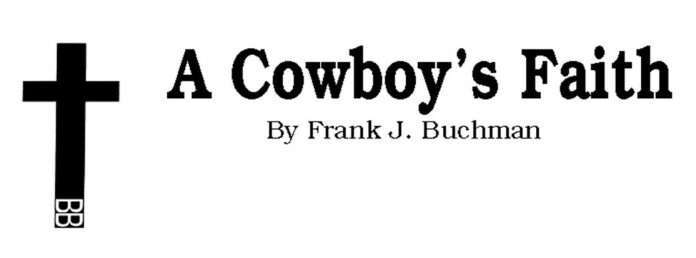“Most people don’t know much about working around livestock.”
It becomes most apparent when a townsperson visits a farm, or a newcomer gets in the livestock business.
Livestock are not pets like a dog or cat and can be very dangerous animals. Yes, many farm animals are very gentle, friendly, nice to be around and work with, but others are not.
Stockmanship is defined as the art and science of properly handling farm animals.
In reality, stockmanship is probably a God-given trait. Some people who have had livestock for a lifetime and been quite financially successful have very poor stockmanship skills.
Those with that natural ability advise: “Stay calm, quiet, and avoid quick movements while handling livestock.”
By using good stockmanship practices, “Farm operators can improve animal comfort and provide safety for people and animals. That will help improve the agriculture operation’s bottom line.”
Television shows must be partly to blame for rambunctious loud handling of livestock. Cattle and horses are always going across the screen at a run with loud hollering cowboys.
That’s not the way cattle are handled in the Flint Hills. They are generally moved at a slow, calm pace with only softly spoken conversation. Sometimes, speed and heightened expression are required to keep the herd going while preventing a runaway stampede.
At the livestock barn behind the auction ring, most cattle are easily moved from one pen to another. Still every week, there are certain renegades, head up, prancing the pen, fiery-eyed, ready to charge.
“Watch out for this one,” is the warning. Barn crew becomes cautious generally moving at faster speed and more exclamation usually without any problem.
Horses are fun animals for work and exercise while offering body and mind relaxation. Many people want to ride horses, but not all horses are suitable for everyone to ride.
Just because one person rides the horse successfully, a different person cannot always safely ride that horse. Each horse has a different disposition requiring another level of horsemanship, a form of stockmanship.
Those with natural stockmanship ability instinctively move, stop, assist, speak such animals know the difference responding accordingly. Especially at birthing knowledgeable understanding when to provide that helping hand.
Reminded of. Genesis 47:6: “If you know any who are especially good, put them in charge of my own livestock.”
+++ALLELUIA++
XVII–10–3-5-2023
CUTLINE
Stockmanship is regularly checking first-calf heifers to know about when they will start having their baby calf




